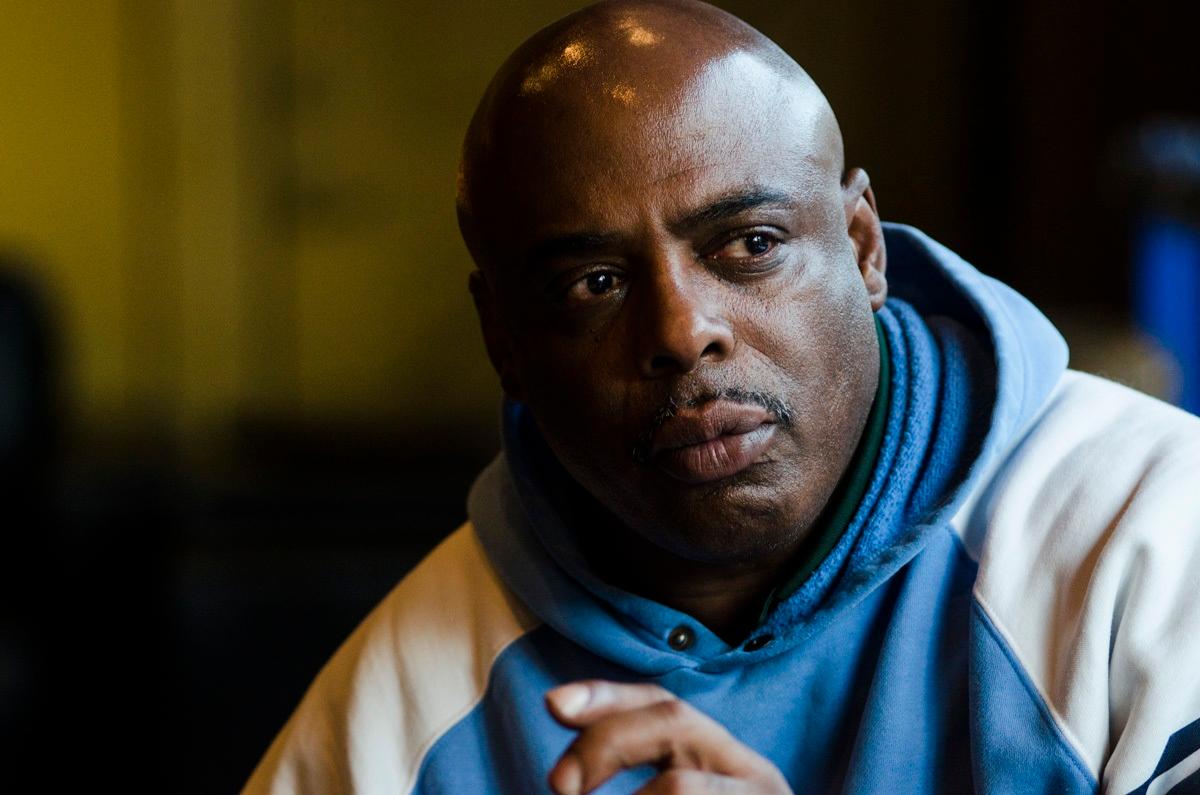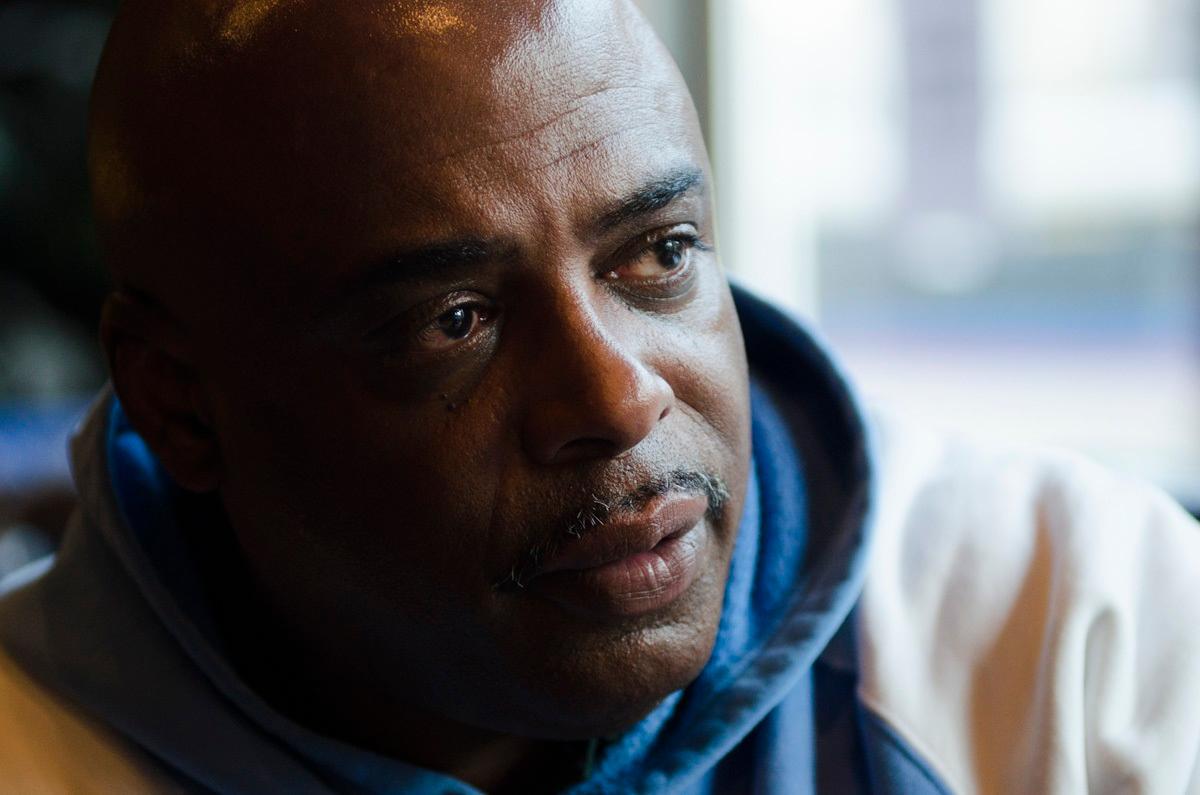

Our recent five-part series on parole in Colorado drew dozens of comments on our website and Facebook. The series followed a man named Kevin Monteiro, who was released from prison this past summer. He had been behind bars for second degree murder since the 1980s, and, on his first day out, he was dropped off by a prison van in downtown Denver with a state-issued debit card.
"I had a hundred dollars in my pocket and a box of books -- no family, nobody," Monteiro said of that first day.
That same day, Monteiro had a life-changing encounter when he asked an elderly couple if he could borrow their cell phone. He'd never used one before. The couple loaned him their phone and then volunteered to drive him to see his parole officer, bought him some toiletries and clothes, and took him out to dinner. The series recounted Monteiro's struggles to make ends meet and his ultimate success finding a job and an apartment. Many wrote in to cheer him on, including Marisa Herder.
"Every part of this story has touched me," she told us on Facebook. "Kevin has done some wonderful things in a broken system and I pray for him! His story is like so many others, whose voices cannot be heard, so I hope his story serves as an inspiration for our justice system and others, who have a second chance. Keep up the awesome work Kevin! "
Others praised the elderly couple who helped Kevin Monteiro, including Gina Stepuncik.
"So happy Kevin found an pair of angels after his release!" Stepuncik wrote. "Criminals need to pay their debt to society, but the system we have does nothing to promote rehabilitation, make society safer, or help someone who has done wrong get on a straight path."
A few listeners, like Brian Faulkner, wrote in suggesting we weren't sympathetic enough to crime victims or tough enough on former inmates.
"Next week is there going to be a continuation of the subject where we discuss how difficult it can be for the ex-con's victims to move on from rape/theft/murder?" wrote Faulkner. "I hear murder can be hell to get over."
Filip Hanik had similar concerns about the story. "I wonder if we'd feel the same compassion if the parolee's victim was your son or daughter," he wrote.
Hanik's comment prompted a response from MaraLee Synnestvedt Murray.
"Clearly you miss the point of this whole discussion which is around doing more to prevent the parolees from having any more victims. If we fail to provide them with the necessary support for reentry, of course they will find it easier to fall back into old ways. We need a system that can help these men and women to see that they do have other options."
We also heard from Eva Kettler, of Denver, who told us she was in the Denver Women's Correctional Facility for nearly a year. She'd been on probation for contributing to the delinquency of a minor, but was sent to prison because she violated the terms of her probabation. She told us if it weren't for help she got from others, she'd just be another recidivism statistic.
"When I got out of prison, I had a lot of support from my husband and his family and my family... so that when I did have some of the parole restrictions, like I wasn't allowed to drive right away and I had to go to treatment weekly...at least I had those people backing me up."
Kettler says she empathizes with parolees like Kevin Monteiro, who, for various reasons don't have friends or relatives to help when they're released from prison.
We also heard from the spouse of a former inmate. Cindy Alexander of Cape Coral, Florida told us that in her experience, parolees are "set up to fail over and over."
"My husband was stuck in the revolving door of prison, in and out and in and out," she wrote on Facebook. "We've moved out of Colorado, precisely for the reason of starting over somewhere else. Now he has his own business doing wheel repair, his customers love him, he has no boss to answer to but himself, and he's making very good money."
Hear and read the entire series on parole by clicking here.








